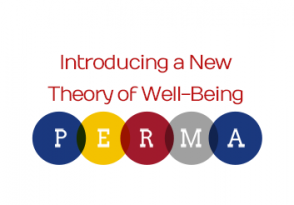What's your fantasy?
Take some time to fantasise about the future that you would like to experience.
Tell us, why don't you - what do you fantasise you'll do once this whole lockdown business is over?
Even if just for fun - what dream consumes your imagination when you imagine the current covid-19 pandemic as a part of history?
Do you dream about going to the beach on a beautiful summer's day, swimming in the ice cold Clifton waters?
Do you see yourself walking through the V&A Waterfront, without having to wear a mask, drinking a chilled glass of Chardonnay at Willoughby's, while savouring a 4x4 platter with a huge group of friends?
Or do you have a vision of jumping on a plane and travelling to Japan, endlessly walking the streets of Shibuya, awkwardly eating steaming ramen from a small hole-in-the-wall restaurant - taking in the sights and sounds of the exciting city.
As futurists we obviously know and subscribe to this way of thinking already, but Dr Martin Seligman, a professor of psychology at the University of Pennsylvania and the director of the Positive Psychology Center, says that fantasising about the future that you want is a good way to build optimism and mental resilience.
According to a recent New York Times article (which BTW we have included a hyperlink to at the end of this post):
'“Imagining the future — we call this skill prospection — and prospection is subserved by a set of brain circuits that juxtapose time and space and get you imagining things well and beyond the here and now,” Dr. Seligman said. “The essence of resilience about the future is: How good a prospector are you?”
And that’s the case regardless of whether one’s imaginings of the future are over-the-top and unbelievable, or seemingly mundane.'
'“Even though it’s not considered a core symptom of depression, the absence of hope is a common symptom,” said Dr. Toure. Future thinking, or “the imagination and belief that something better is coming,” is crucial to getting through hard times.
Holding on to hope, even about one simple, mundane thing can make a big difference, Dr. O’Connor said. “I’m not day dreaming of big trips,” she said. “I can’t wait to hug my mom.”'
If you are familiar with Victor Frankl's philosophy of 'logo-therapy' you will be well aware of the power of this type of thinking and its ability to inspire hope in people and organisations.
So even if it might feel a bit silly - take some time to fantasise about the future that you would like to experience.
Do it now.






